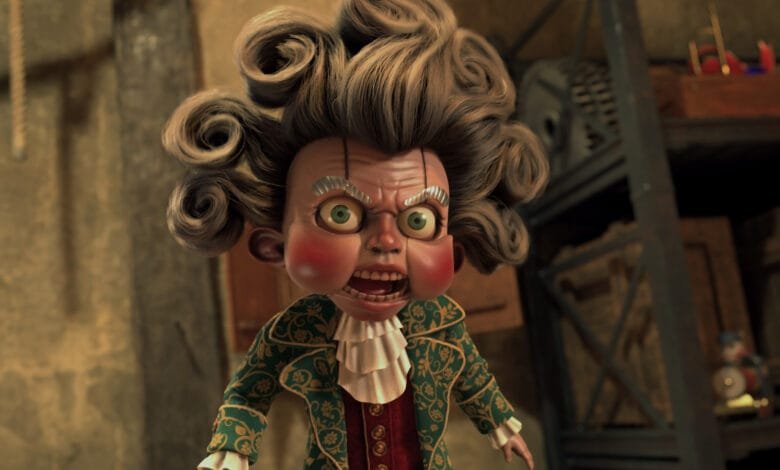InXile’s Wasteland VR Game with DayZ Director Was Canceled by Xbox

▼ Summary
– Brian Hicks led development of a VR-based Wasteland survival game at InXile, unaware of Bethesda’s similar Fallout 76 project.
– Fallout 76’s negative reception made InXile pivot their Wasteland game to include more RPG elements to meet fan expectations.
– The project faced major challenges when Xbox acquired InXile and pushed for a non-VR release, requiring extensive redesigns.
– Hicks left InXile during the pandemic to join Dean Hall’s studio in New Zealand, abandoning the troubled Wasteland project.
– Despite its cancellation, Hicks views the experience positively, acknowledging the realities of studio acquisitions and creative shifts.
The untold story of InXile’s canceled Wasteland VR survival game reveals how industry shifts and corporate acquisitions can dramatically alter creative visions. Brian Hicks, former DayZ director, found himself at the center of this abandoned project, a bold experiment blending Wasteland’s RPG roots with hardcore survival mechanics in virtual reality.
Hicks joined InXile in 2017 with an ambitious pitch: a persistent multiplayer Wasteland experience inspired by DayZ’s ruthless survival systems, but rebuilt for VR. The concept excited Brian Fargo, Wasteland’s creator, who saw potential in merging his franchise’s deep storytelling with emergent player-driven gameplay. Early prototypes supported 40 simultaneous players, with plans to expand to 100, a technical challenge for a studio known for narrative-driven RPGs like Wasteland 2.
Then Fallout 76 happened. Bethesda’s controversial multiplayer spin-off sent shockwaves through InXile, as Hicks recalls: “Fallout 76 launched looking more like DayZ than Fallout 4. Players rejected it because they expected classic RPG systems, NPCs, branching quests, and meaningful choices.” Fargo took this as a warning. The team pivoted, expanding the game’s scope to include traditional RPG elements while retaining its survival core.
The project gained momentum with key hires like Chad Moore (later Clockwork Revolution’s director) and contributions from legendary writer Chris Avellone, who dreamed up bizarre scenarios like “Roby Dick,” a robotic sperm whale lurking off the coast. But just as development hit its stride, Microsoft acquired InXile in 2018, changing everything.
Xbox executives praised the prototype but questioned its VR-exclusive focus. “They asked, ‘How fast can this ship on PC?'” Hicks explains. Retooling the game for traditional platforms would have required rebuilding core systems, an expensive proposition during the pandemic’s upheaval. Meanwhile, DayZ creator Dean Hall offered Hicks an escape hatch: relocation to New Zealand to work on survival title Icarus.
The Wasteland survival game quietly faded away, a casualty of corporate priorities and market realities. Hicks reflects philosophically: “Acquisitions bring opportunities, but also constraints. We were no longer double-A, we answered to Matt Booty.” While disappointed, he harbors no resentment, acknowledging Xbox’s support for InXile’s current projects like Clockwork Revolution.
The abandoned project remains a fascinating “what if”, a glimpse at an alternate path where Wasteland embraced multiplayer survival years before franchises like Fallout attempted it. For Hicks, the experience reinforced a hard truth: even the most innovative ideas must navigate player expectations and corporate strategies to survive.
(Source: PC Gamer)

